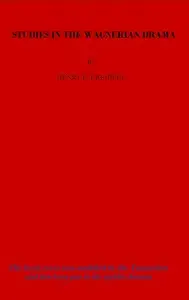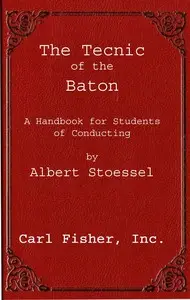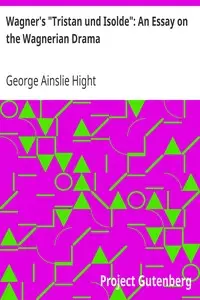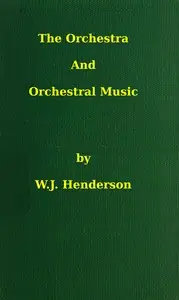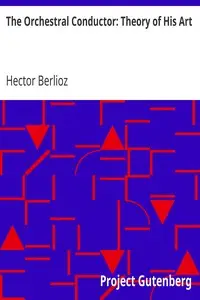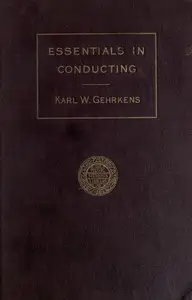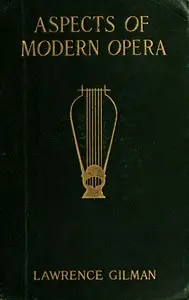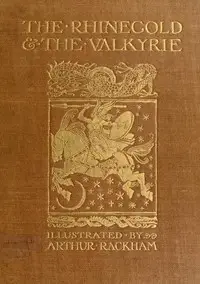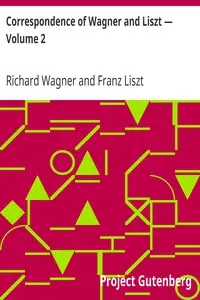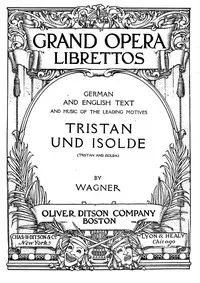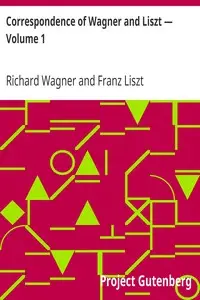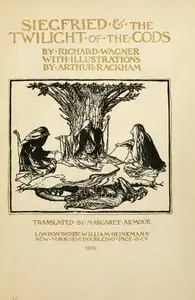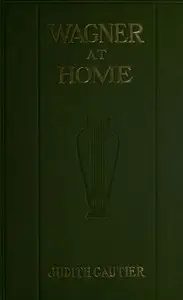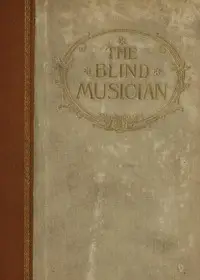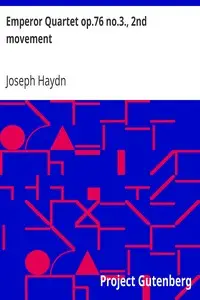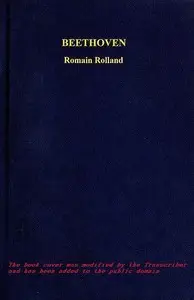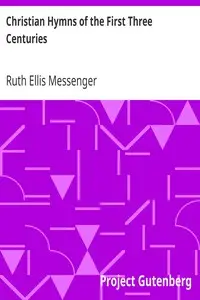** "On Conducting (Üeber Das Dirigiren): A Treatise on Style in the Execution of Classical Music" by Richard Wagner is a late 19th-century exploration of how classical music should be led, shining a light on the conductor's critical job in making music come alive. Wagner, a famous composer and conductor himself, shares his deep thoughts about how orchestras should sound and how they should be run. He starts by talking about his annoyances with conducting practices in Germany, stressing that a conductor must truly grasp both the music and how the orchestra works together. He points out the problems with conductors who seem to go through the motions instead of bringing out the artistry in the music. Wagner pushes for conductors to better appreciate the small details in orchestral music, calling for changes that would make classical performances better for both the musicians and the audience. **
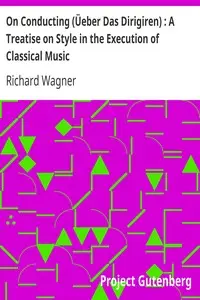
On Conducting (Üeber Das Dirigiren) : A Treatise on Style in the Execution of Classical Music
By Richard Wagner
** Discover a compelling argument for how to truly bring classical music to life, not just play the notes, by understanding its heart and soul.
Summary
About the AuthorWilhelm Richard Wagner was a German composer, theatre director, polemicist, and conductor who is chiefly known for his operas. Unlike most opera composers, Wagner wrote both the libretto and the music for each of his stage works. Initially establishing his reputation as a composer of works in the romantic vein of Carl Maria von Weber and Giacomo Meyerbeer, Wagner revolutionised opera through his concept of the Gesamtkunstwerk, by which he sought to synthesise the poetic, visual, musical and dramatic arts, with music subsidiary to drama. He described this vision in a series of essays published between 1849 and 1852. Wagner realised these ideas most fully in the first half of the four-opera cycle Der Ring des Nibelungen.
Wilhelm Richard Wagner was a German composer, theatre director, polemicist, and conductor who is chiefly known for his operas. Unlike most opera composers, Wagner wrote both the libretto and the music for each of his stage works. Initially establishing his reputation as a composer of works in the romantic vein of Carl Maria von Weber and Giacomo Meyerbeer, Wagner revolutionised opera through his concept of the Gesamtkunstwerk, by which he sought to synthesise the poetic, visual, musical and dramatic arts, with music subsidiary to drama. He described this vision in a series of essays published between 1849 and 1852. Wagner realised these ideas most fully in the first half of the four-opera cycle Der Ring des Nibelungen.

